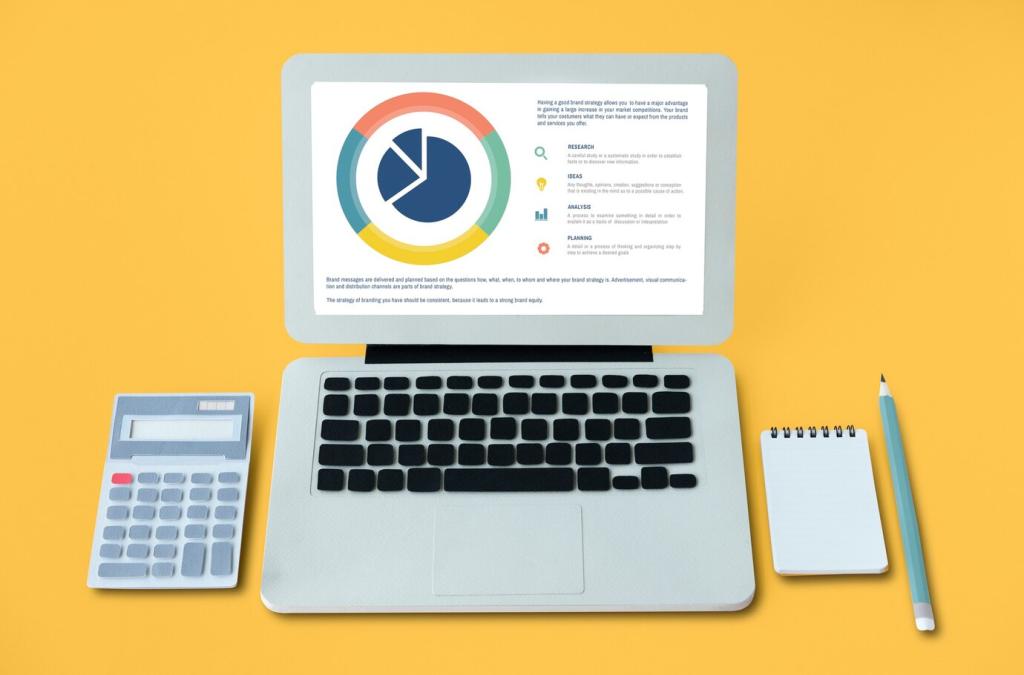Systems That Stick: Habits and Routines
Use the formula: When X happens, at place Y, I will do Z for N minutes. This pre-decides behavior, avoiding negotiation in the moment. For example: “When I make coffee at 7:00, I will review my learning notes for twelve minutes.” Share your own sentence and how it changed consistency.
Systems That Stick: Habits and Routines
Attach a new skill to an existing anchor: after brushing teeth, practice a language for ten minutes; after lunch, read five pages. Stacks ride existing neural grooves. Start with one stack this week, then report back—with honesty—how reliable it felt and what micro-adjustments improved your follow-through.





